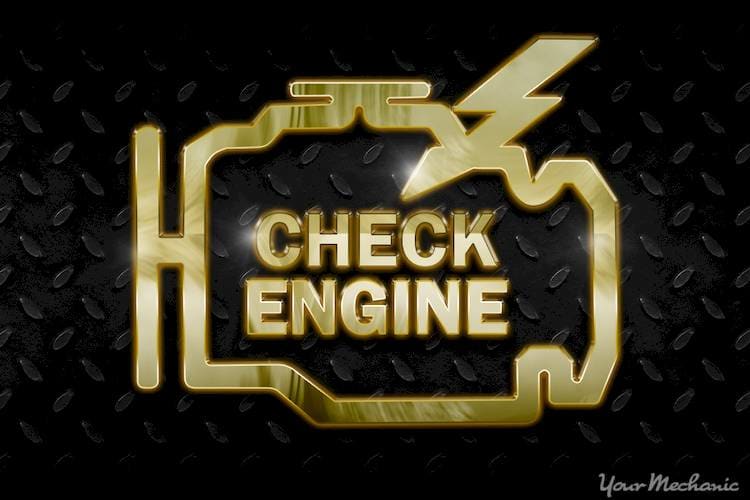P0419 code definition
The P0419 trouble code means that the secondary air injection system relay B circuit is malfunctioning.
What the P0419 code means
The vehicle’s PCM (powertrain control module) has detected an issue with the secondary air injection system. This system is essential for reducing emissions. It pumps in ambient air and channels it into the engine exhaust.
Changes in secondary air injection system flow and pressure are measured by the PCM in increments of input voltage. Any readings that fall outside of the manufacturer’s predetermined range of acceptable flow by greater than 10% will generally trigger the P0419 code being stored.
What causes the P0419 code?
There are a few reasons that this code could be stored by the PCM. The most common one, though, is that the weather is simply too cold. The secondary air injection pump has a one-way check valve that is designed to protect it thanks to an air inlet hose. However, this check valve can malfunction. When it does, it allows condensation from the exhaust to get into the pump. In cold weather, it will freeze.
This ice binds inside the secondary air injection pump leading to catastrophic failure or blowing the fuse.
Another reason is from temperatures on the other end of the spectrum. High temperatures in the engine exhaust can burn the electrical connectors and wiring.
What are the symptoms of the P0419 code?
There are a handful of symptoms to look out for:
- Abnormal sounds coming from the secondary air injection system
- Engine stalling
- Engine idling after starting
- Engine hesitation when accelerating
The Check Engine Light should usually come on too, but in some models, the problem has to be detected at least a couple times before this will happen.
How does a mechanic diagnose the P0419 code?
To diagnose the problem, an experienced mechanic will do some combination of the following:
- Use an OBD-II scanner to find all the trouble codes a vehicle’s PCM has stored
- Next, they’ll inspect the pump for signs of condensation.
- Finally, they’ll examine the wires to see if the PCM is simply receiving erroneous readings.
In some cases, the mechanic may also need to look at the air bypass solenoid harness to see if it’s shorted or open or otherwise suffering from a bad electrical connection as well.
Common mistakes when diagnosing the P0419 code
Before a mechanic considers replacing the secondary air pump, they should fabricate a water drain on its housing. Otherwise, there’s a good chance of future pump failure occurring.
It’s also critical that they test the one-way check valves during the diagnosis process. This is often overlooked.
How serious is the P0419 code?
This is a pretty serious code that represents a problem which needs to be addressed right away. While the issue with the secondary air injection system isn’t going to prove to be fatal, it does mean the vehicle is underperforming in a number of ways. If nothing else, this code is going to cost the owner when they go to the pump. It could also make it nearly impossible to drive the automobile if the engine keeps stalling or having other problems.
What repairs can fix the P0419 code?
More often than not, the pump simply needs to be replaced or repaired. As we mentioned earlier, this code is very common in cold weather where condensation can keep the secondary air injection system from working correctly.
Otherwise, the mechanic may simply need to fix wires that have become damaged or corroded and which are, therefore, giving the PCM bad readings.
If frozen condensation is found to be the underlying problem behind the P0419 code being stored, then the mechanic needs to look for other areas this moisture could be affecting as well. Even without a trouble code to document it, the vehicle may be suffering because of ice elsewhere as well.
Need help with a P0419 code?
YourMechanic offers certified mobile mechanics who will come to your home or office to diagnose and repair your vehicle. Get a quote and book an appointment online or speak to a service advisor at 1-800-701-6230.
Check Engine Light
trouble codes
P0419





